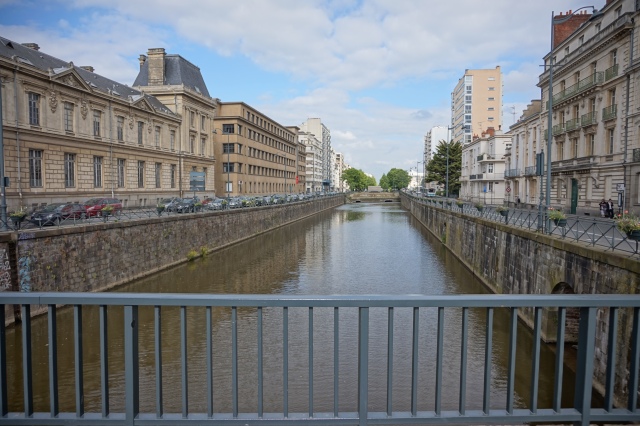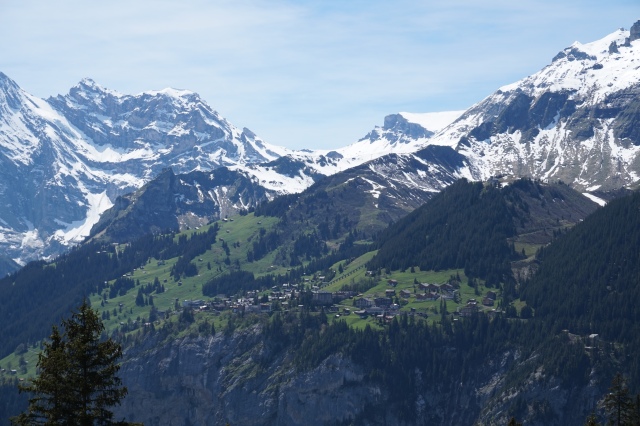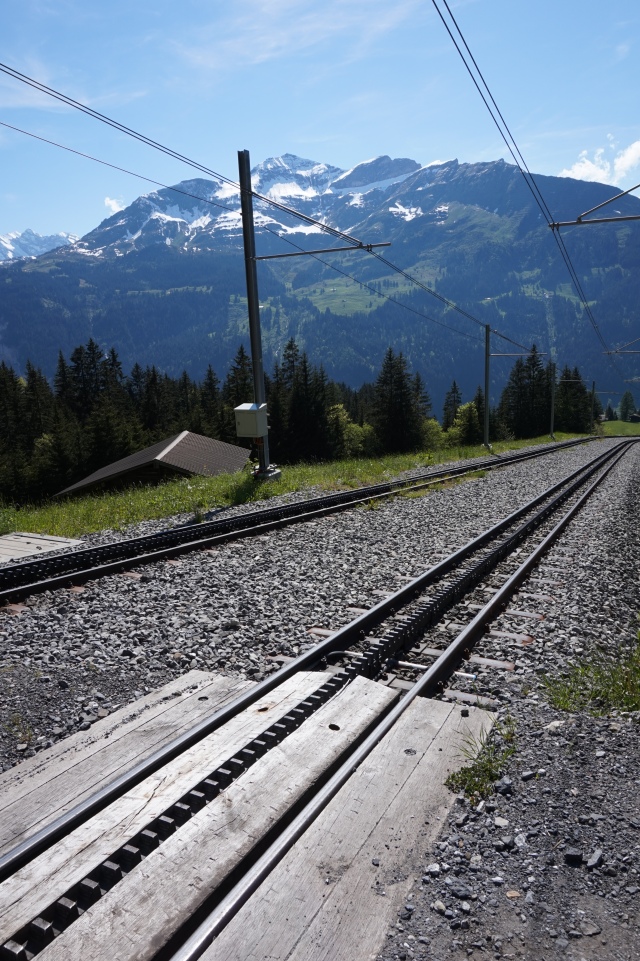Traveling while in graduate school (at least in the STEM fields) is often viewed as a waste of time and a serious lack of commitment. However, I believe traveling is an invaluable learning experience far superior to anything you’ll learn from a book. Learning about other cultures and philosophies by actually experiencing it can drastically change one’s perspective and perception. Needless to say, it can also assist in thinking outside of the box.
The amount you learn while immersed in a foreign country with a foreign language is immense. Not only do you learn a ton about the culture, traditions, and customs, but perhaps even more valuably you learn about yourself. How do you respond to stress? To not knowing the answer? To solving problems with limited resources? How well do you think on your feet?
These are all invaluable skills to survive and succeed in graduate school, and beyond.
This spring my boyfriend and I decided to undergo our first major relationship test – three weeks of traveling together in France and Switzerland. Luckily despite a few bumps it was a huge success and we both couldn’t stop talking about it for months!
So, being a grad student the first step towards this trip involved informing my supervisor that I would be MIA for 3 whole weeks. This went surprisingly well given that grad students don’t typically take much vacation other than a quick trip home for the holidays. I think in my case though I got lucky as my supervisor has always been relatively lenient with vacation time.
Having that out of the way, the next step was figuring out what exactly three weeks in France and Switzerland would involve I began conducting some background research into the local cultures, geography, and tourism. Even simply choosing what parts of the countries to visit, and in which order, was a huge challenge! But with a bit of perseverance we settled on a route starting in Paris, working our way through the north of France, then down to the south, followed by a few days in the Swiss Alps. For those who are interested, I’ve included our itinerary (and suggested modifications) at the bottom of this post.
A few things we learned:
- We can survive a couple of weeks together without killing each other
- French cuisine is just as amazing as we’d heard. Expensive yes, but totally worth it!
- Planning as we went allowed us to use our B&B hosts’ recommendations and alter our plans accordingly
- Staying at least a couple of days in a place lets you start to understand the local culture and appreciate the area so much more than a one-night/city “bus tour” style trip
- Not only are B&Bs often cheaper they also offer the huge benefit of immersing yourself with locals
- “Je suis excité” does not mean what google translate says…
- Having a conversational level of the language gives a much richer cultural experience
- Renting bicycles is a great way to get around while still giving you the freedom to stop and explore the culture
- Switzerland is indeed VERY VERY expensive
- Restaurants in France open for only a couple hours right at lunch time and dinner time, so don’t miss lunch or you will be very hungry!
We both found it to be an extremely educational trip, and are very excited to go back and continue exploring the rest of France and its diverse cultures! I think next time we’ll skip Switzerland due to the cost.
Our itinerary:
Day 1: Arrive in Paris! Train straight to Rennes, explore Rennes and the local cuisine.
Day 2: Day trip on local transit to Mont St Michel. This day trip is well worth it and very easy to get to from Rennes.
Day 3: Explore Rennes.
Day 4: Train to Tours, drop off our bags at a B&B where we will stay in a few days. Then train to Angers.
Day 5: Pick up rented bicycles in Angers, then cycle along the Loire river to Saumur. (see future blog post about this)
Day 6: Explore Saumur, L’abbaye de Fontevraud (a hidden gem!).
Day 7: Continue along the Loire river back to Tours (we cheated and took a train the last little bit)
Day 8: Train to Montpellier and explore. The old part of Montpellier is quite historical and the newer part has fascinating architecture.
Day 9: Explore Montpellier. We had hoped to do a wine tasting but everything was all booked up… c’est la vie!
Day 10: More exploring Montpellier, getting laundry done etc.
Day 11: Train to Marseille! Marseille was fascinating culturally, could have spent more time here.
Day 12: Organized day tour to Avignon, Pont Du Garde. Made for a bit of a long day and was rather touristy. But interesting.
Day 13: Did a local hike to Calanque de Sugiton. We took the back trails which was fantastic! Breathtaking mediteranean views.
Day 14: Train to Nice and explore.
Day 15: Took local transit to Cap Ferat and hiked around the cape. Was gorgeous and much less touristy than the rest of Nice.
Day 16: Flight to Zurich, train to Spetz. Spetz is a gorgous town located on Lake Thun, only 30 mins from Interlaken. The views from our B&B balcony were stunning!
Day 17: Train to Interlaken, then the Berner Oberland train to Wengen. We then took the scenic hiking trail from Wengen to Wengenschalp. It was absolutely stunning, the highlight of our time in Switerland!
Day 18: Train to the base of Mt. Niesen, Funicular to the top. Then train to Thun and a historical steamboat back to Spetz.
Day 19: Spent the morning in Interlaken (would skip, was extremely touristy) then the afternoon exploring Bern.
Day 20: Early flight to Paris, rest of day exploring Paris.
Day 21: Sadly, all good things must come to an end 😦

 At my most recent committee meeting my supervisor sprung the question on me.
At my most recent committee meeting my supervisor sprung the question on me. 











